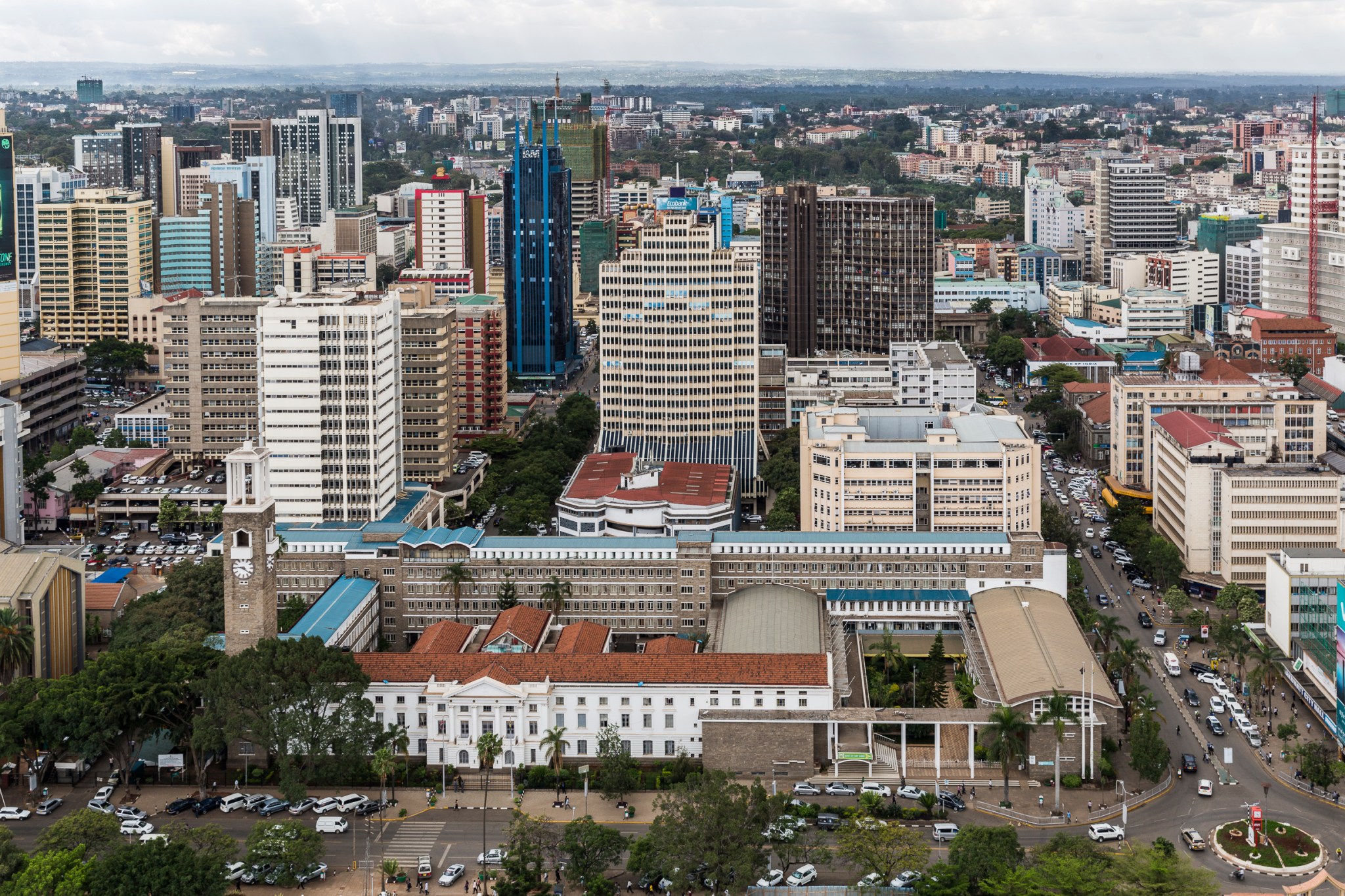
Kenya’s ambitious Constitution mandates the active participation of citizens toward achieving democratic governance. Participation, accountability and transparency are principles at the heart of the Constitution of Kenya and its laws. Kenya’s transition to a devolved system of government seeks to bring the government closer to the people by transferring some functions, resources and power to the sub-national levels. Under devolution, local citizens are empowered to elect their own leaders and make decisions on local matters affecting their communities.
Devolution is designed to engage citizen participation by bringing government services, elected representation and decision making closer to Kenyans. The devolution process reinforces the Constitution of Kenya’s new system of government in which citizen participation is a key ingredient of devolved governance.
More than six years after the establishment of devolution, Kenya has continued to make joint efforts between the national government and the 47 county governments to ensure that devolution is a success.
County governments have been working to “strengthen and deepen devolution by continuously setting up sub-counties, wards and decentralized entities including village council in order to expand public engagement in priority setting, decision-making and governance.” Kenya has recently wrapped up its sixth annual devolution conference which was held under the theme Deliver. Transform. Measure: Remaining Accountable.
At the opening ceremony, President Kenyatta announced that “corruption is the single biggest obstacle for a better Kenya,” and that “there will be maximum support to all state agencies fighting corruption.” Additionally, President Kenyatta and the key note speakers at the conference highlighted the need to determine the role of counties in implementing the Big Four Agenda, which focuses on manufacturing, food security, affordable housing and universal health coverage. The agenda also aims to increase efficiency and service delivery in county assemblies and continue to enhance the inclusion of women, girls, youth and person’s with disabilities (PWD) in the devolution process.
Since 1992, IRI has supported Kenya’s democracy with initiatives to strengthen the multi-party political system, develop legislative skills, improve parliamentary practices and to contribute to the consolidation of a democratic electoral system. Following the adoption of a new constitution in 2010, which ushered in a newly devolved system of governance, IRI has supported devolved government at the county level by working with civil society and elected officials to improve local service delivery, government transparency and accountability and the inclusion of marginalized groups.
In the lead up to the 2017 elections, where inclusion of women, youth and persons with disabilities (PWDs) were issues of concern, IRI hosted a series of regional roundtables in six counties that brought together various stakeholders including women, youth, PWD and representatives from civil society and political institutions to explore the gains marginalized communities achieved under the 2010 Kenyan constitution as well as the remaining challenges to full political participation of these communities.
In further addressing the main takeaways from the devolution conference, IRI is currently supporting the development of citizen-informed, data-driven and research-based policies, laws and legislation within Kenyan county assemblies through our work with Members of County Assemblies (MCAs) and civil society. These efforts aim to make service delivery policies more relevant to the needs of constituents by providing ward-level data collected from citizens on priority issues they feel that the county assemblies must address.
The purpose of devolution is to promote participatory democracy and sustainable development for the benefit of all citizens. With the conclusion of Kenya’s sixth annual devolution conference, supporting county governments in the devolution process is critical to ensuring that devolution is a success for the Kenyan people.
Top